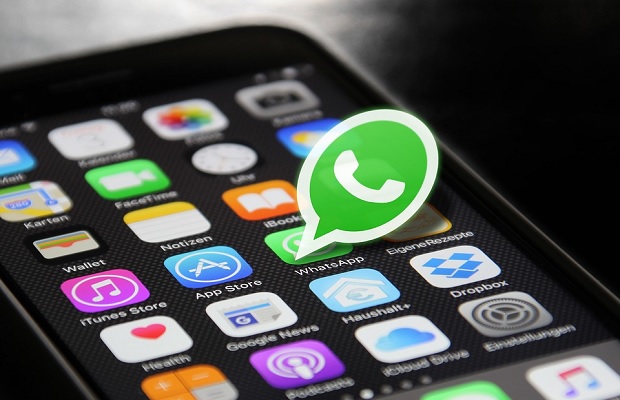WhatsApp is set to launch direct payments on its messaging app, as the Facebook-owned messaging app becomes the latest service to let users transfer money to one another with a text.
The firm is trialling a bank-to-bank transfer system in the beta version, which is run through the Unified Payments Interface.
Rumours suggest it will initially be rolled out to users in India, but it is unclear when the update will be rolled out to users worldwide.
A beta version of WhatsApp’s next update revealed the service could soon support payments. Pictures emerged of a “Welcome to WhatsApp Payments” screen, which was discovered by the blog WABetaInfo.
In the blog, WABetaInfo wrote that WhatsApp payment will use ‘immediate bank to bank transfer with UPI.’
UPI, which stands for Unified Payments Interface, is a payments system run by the Reserve Bank of India.
This appears to confirm reports that the payments service will first be available in India.
WABetaInfo also added a screenshot of what the payments system could look like, and wrote: ‘As mentioned in the screenshot, in order to use WhatsApp Payments, you will have to accept the WhatsApp Payments and Bank Terms and Privacy Policy.’
It is not clear when WhatsApp payments might be made available in the UK.
WhatsApp refused to comment on its future plans for WhatsApp Payments, but said: “India is an important country for WhatsApp, and we’re understanding how we can contribute more to the vision of Digital India. We’re exploring how we might work with companies that share this vision and continuing to listen closely to feedback from our users.”
Facebook, which owns WhatsApp, has offered peer-to-peer payments on its stand alone Messenger app since 2015. Apple has also been working on its own peer-to-peer payments for its iMessage app, which it is expected to launch with iOS 11.
WhatsApp’s biggest competition in India will be from Chinese eCommerce giant Alibaba, which owns payments startup PayTM.
Other new WhatsApp features have included trials of the ability to “unsend” messages, which would let users recall messages sent within five minutes, offering a way to prevent embarrassment over mistaken texts.

